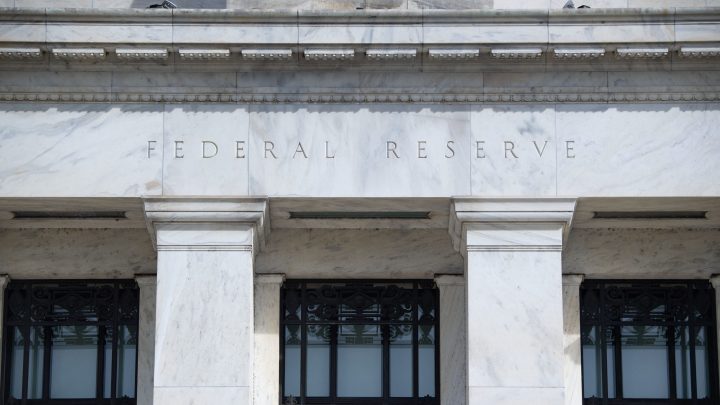
What the Fed’s move could mean for mortgage interest rates
What the Fed’s move could mean for mortgage interest rates

As predicted, the Federal Reserve raised its target for short-term interest rates Wednesday for the first time in more than three years. The housing market has been bracing for the impact of higher mortgage rates on affordability, and therefore sales. But the relationship between Fed policy and mortgage rates isn’t as simple as it might seem.
The Fed’s move targets the federal funds rate — that’s the interest banks charge one another for overnight loans. It doesn’t get much more short-term than that.
Mortgages, however, are much longer-term loans, and their rates closely follow yields on the 10-year Treasury note.
“There’s no doubt that there is some relationship between these two,” said Christopher Thornberg, founder of Beacon Economics. “As the Federal Reserve tightens up on the short end, they make money less available, and in theory rates should also be going up on the long end,” he said.
The Fed has been telling us for months that it was going to do this, professor Ben Keys at the Wharton School noted.
“And so I think most market observers would, would expect that this has already been baked into today’s mortgage rates,” Keys said. Mortgage rates are up about 1 percentage point since late last year.
In its statement, the Fed also said it would start reducing its holdings of Treasuries and mortgage-backed securities “at a coming meeting,” which could further push up rates.
“We do expect, you know, further increases in mortgage rates, along with Treasury rates, but that’s based more on our outlook for inflation at this point,” said Nancy Vanden Houten, senior economist at Oxford Economics. This is because when bond investors see higher inflation on the horizon, they want to be compensated for it in the form of higher interest rates.
“There is a basic objective economic reality here, which is that bond rates in the long run have to be higher than inflation,” Thornberg said. So whatever the Fed does, he expects the cost of borrowing to go up.
There’s a lot happening in the world. Through it all, Marketplace is here for you.
You rely on Marketplace to break down the world’s events and tell you how it affects you in a fact-based, approachable way. We rely on your financial support to keep making that possible.
Your donation today powers the independent journalism that you rely on. For just $5/month, you can help sustain Marketplace so we can keep reporting on the things that matter to you.


















